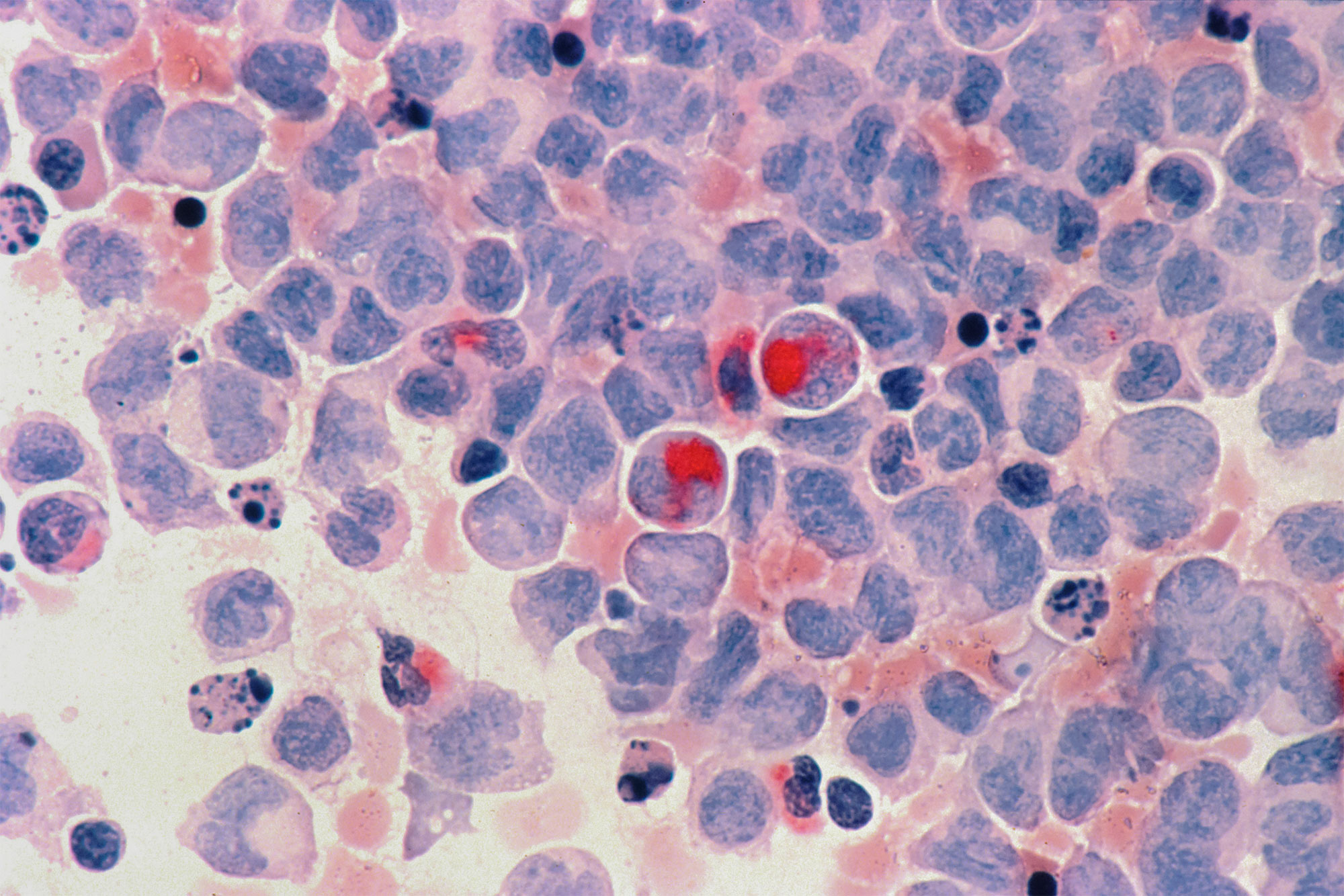Focus Areas
Immuno-Oncology
Immuno-oncology has provided a number of very exciting clinical improvements, by focussing on how the immune system regulates tumor eradication. This has been achieved by the discovery and functional implementation of individual target molecules involved in the regulation, and often inhibition, of an effective tumor response.
Today, this has given cancer patients a much improved clinical outcome due to the knowledge how to utilize the inherent power of the human immune system in the war against disease. Since we cannot treat what we cannot measure, advanced diagnostics goes hand in hand with precision medicine and consequently the term precision diagnostics has recently been introduced. Developing precision diagnostics has allowed us today to find malignant tumors much earlier then previously and thereby starting therapy earlier, resulting in a much improved 5-year survival.

CREATE Health has been a leader in developing novel therapeutic and diagnostic innovations, which have been further developed in a commercial setting in a start-up company.
Psychological Resilience in Cancer
Cancer is a life-threatening disease and can cause a severe trauma in individuals, interrupting the balance in a person ́s life. It is well known that some patients diagnosed with cancer are more successful than others in processing and adapting to the potential life threat presented by the cancer and it ́s treatments. This cannot be explained by the severity of the cancer but has rather been shown to correlate with the individual’s psychological resilience. Today, the potential of utilizing psycological resilience in the treatment regimens of cancer has mostly been implemented using cognitive behavioral therapy. Besides assessing how resilience, quality of life, socioeconomic and cancer related parameters are interconnected, CREATE Health has been a very adopter of molecular approaches, using massive amounts of biological data to interlink those with a psychological feature such as resilience. Consequently, our aim is to elucidate the biological mechanisms behind psychological resilience and to identify biomarkers that will give a molecular explanation of psycological resilience and to eventually open up for personalized treatments strategies based on psychosocial care and pharma principles.
Bioinformatics and AI
Bioinformatics and artificial intelligence (AI) have revolutionized cancer research, propelling the field toward unprecedented advancements in precision medicine. By harnessing the power of computational analysis and machine learning algorithms, scientists can sift through vast genomic and clinical data with remarkable speed and accuracy. Bioinformatics enables the organization and interpretation of complex biological information, identifying genetic variations and biomarkers associated with cancer.
AI algorithms, particularly deep learning models, excel at recognizing subtle patterns within these datasets, unveiling hidden correlations and predicting tumor behavior. This synergy between bioinformatics and AI allows researchers to tailor treatments to individual patients based on their genetic makeup and the specific characteristics of their cancer cells. Personalized therapies, crafted through these technologies, enhance treatment efficacy while minimizing adverse effects.
Furthermore, this approach enables the discovery of novel drug targets and the development of innovative therapies. AI-driven simulations and predictive modeling also facilitate drug screening, significantly expediting the drug discovery process. Ultimately, the integration of bioinformatics and AI in cancer research holds the promise of more effective, targeted treatments, offering hope to patients by increasing survival rates and improving their quality of life. As these technologies continue to advance, the landscape of cancer treatment is evolving, moving steadily toward a future where each patient receives tailored, precise care.
